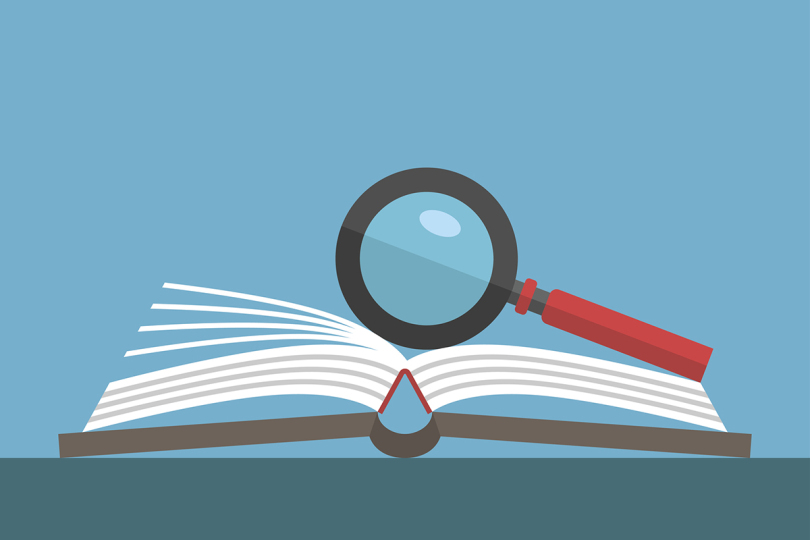Russian Intellectual Property Market Trends
A new issue of the Science, Technology and Innovation newsletter presents data on Russian and international applicants’ patent filing at the Federal Intellectual Property Service (Rospatent).
Who Studies Russian Science and How?
On February 8, Russian Science Day, the Higher School of Economics, along with the Russian Federal State Statistics Service (Rosstat) and the Ministry of Education and Science, released its annual statistical data book on the state of science, technology, and innovation. Below, the Director of the HSE ISSEK and HSE First Vice Rector Leonid Gokhberg discusses how research on science in Russia is advancing.
HSE completed S&T Foresight Study for the Agricultural Sector 2030
The RF Ministry of Agriculture approved the findings of the S&T Foresight Study for the Agricultural Sector 2030 conducted jointly with HSE. Preliminary results were reviewed at a meeting of the Government Commission on the Agricultural Sector and Sustainable Development of Rural Areas chaired by Prime Minister Dmitry Medvedev on 13 December, 2016. Leonid Gokhberg, HSE First Vice Rector and ISSEK Director, comments on how realistic the scenarios included in the study are, what Russia should be preparing to, and how HSE is helping to advance the Russian agriculture.
.jpg)
One’s Ability to Make Money Develops Before Birth
Researchers from the Higher School of Economics have shown how the level of perinatal testosterone, the sex hormone, impacts a person’s earnings in life. Prior research confirms that many skills and successes are linked to the widely known 2D:4D ratio, also knows as the digit ratio. This is the ratio of the index and ring fingers, and it is considered a reflection of the level of perinatal testosterone, the male hormone of the mother that acts on the development of the offspring during pregnancy.
History of Slavic Studies at International Congress of Slavists
A special session entitled ‘Views on European regions in the history of Slavic studies’ has been included in the official programme of the 16th International Congress of Slavists at the International Committee of Slavists’ extended presidium meeting. This special session has been initiated and will be chaired by Leonid Gorizontov. Historians and philologists from Russia, Poland, Slovakia, Italy, and Germany will speak at the session.
Interdisciplinarity as a Research and Teaching Strategy: First Meeting of Interdisciplinary Seminar of Strategic Academic Unit 'Social Development Challenges'
On January 25, the Faculty of Social Sciences held the first meeting of its interdisciplinary seminar 'Challenges of Social Development'. Boris Kapustin, Professor of the HSE School of Political Science gave a presentation on Interdisciplinarity as a Research and Teaching Strategy.
The Statistical Monitoring of the Development of the Russian Segment of the Internet Concept
In order to measure the extent of Internet spread in the Russian Federation, experts of HSE ISSEK Centre for Statistics and Monitoring of Information Society developed a concept for statistical monitoring on request of the ANO “The Coordination Center for TLD RU”. The paper presents conceptual, methodological, and organisational frameworks for the study.
Mandelstam Centre: 2016 Results
2016 marked 125 years since the birth of Osip Mandelstam. Pavel Polian (Nerler), Director of the Mandelstam Centre, summarized the results of its years’ work
HSE Researchers Benchmark First-grade Performance of Russian and British Schoolers
The HSE Institute of Education researchers have updated the iPIPS school-entry ability evaluation tools to allow for equated benchmarking of primary-schooler progress across countries. The first results have been obtained from a representative sample of Russian and British first-graders.

New International Laboratories Opening up at HSE
On December 23, 2016, the HSE Academic Council approved the creation of four new laboratories: the International Laboratory for the Study of Russian and European Intellectual Dialogue, the International Laboratory for Population and Health Studies, the International Laboratory of Deep Learning and Bayesian Methods, and the International Laboratory for Supercomputer Atomistic Modelling and Multi-scale Analysis.
